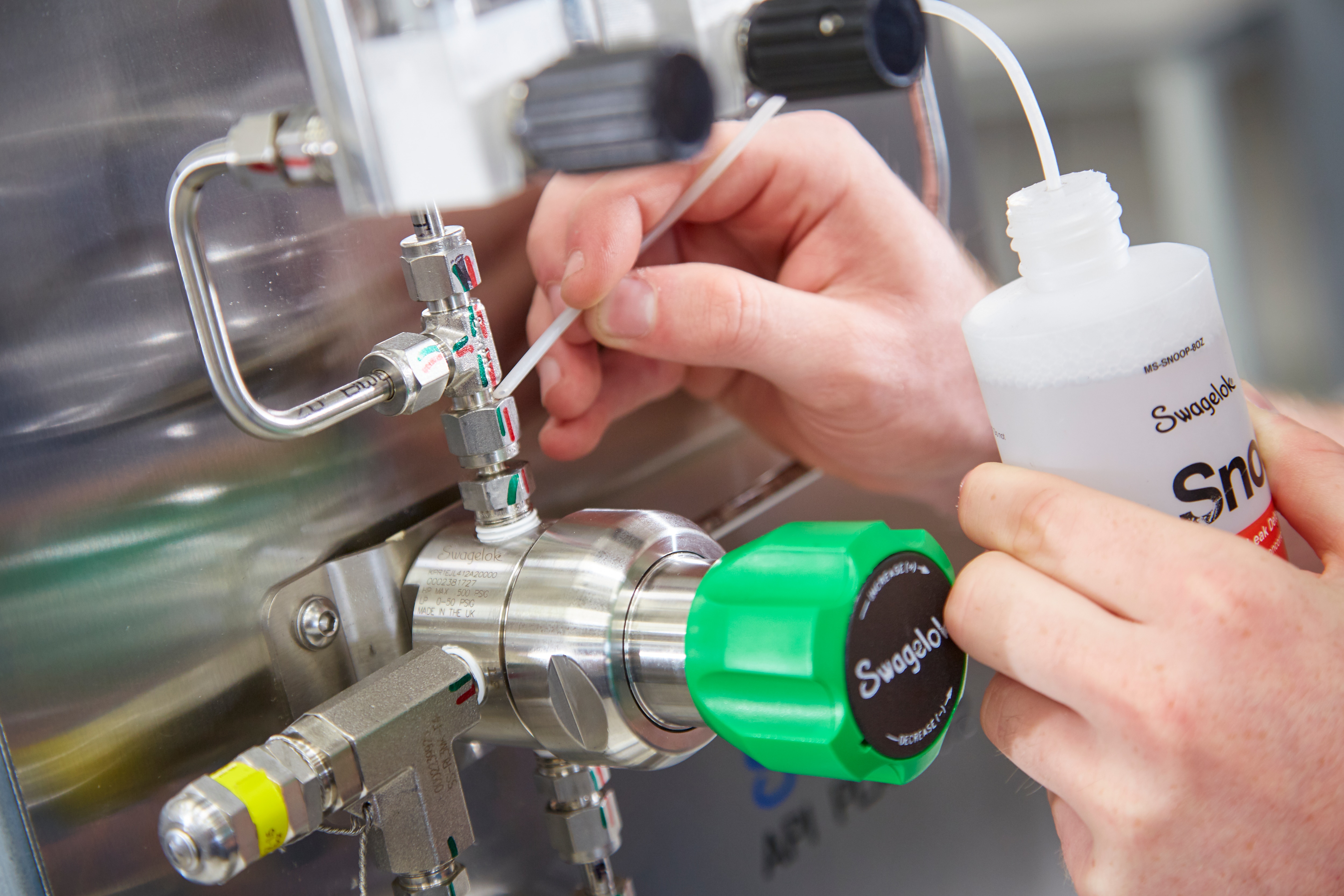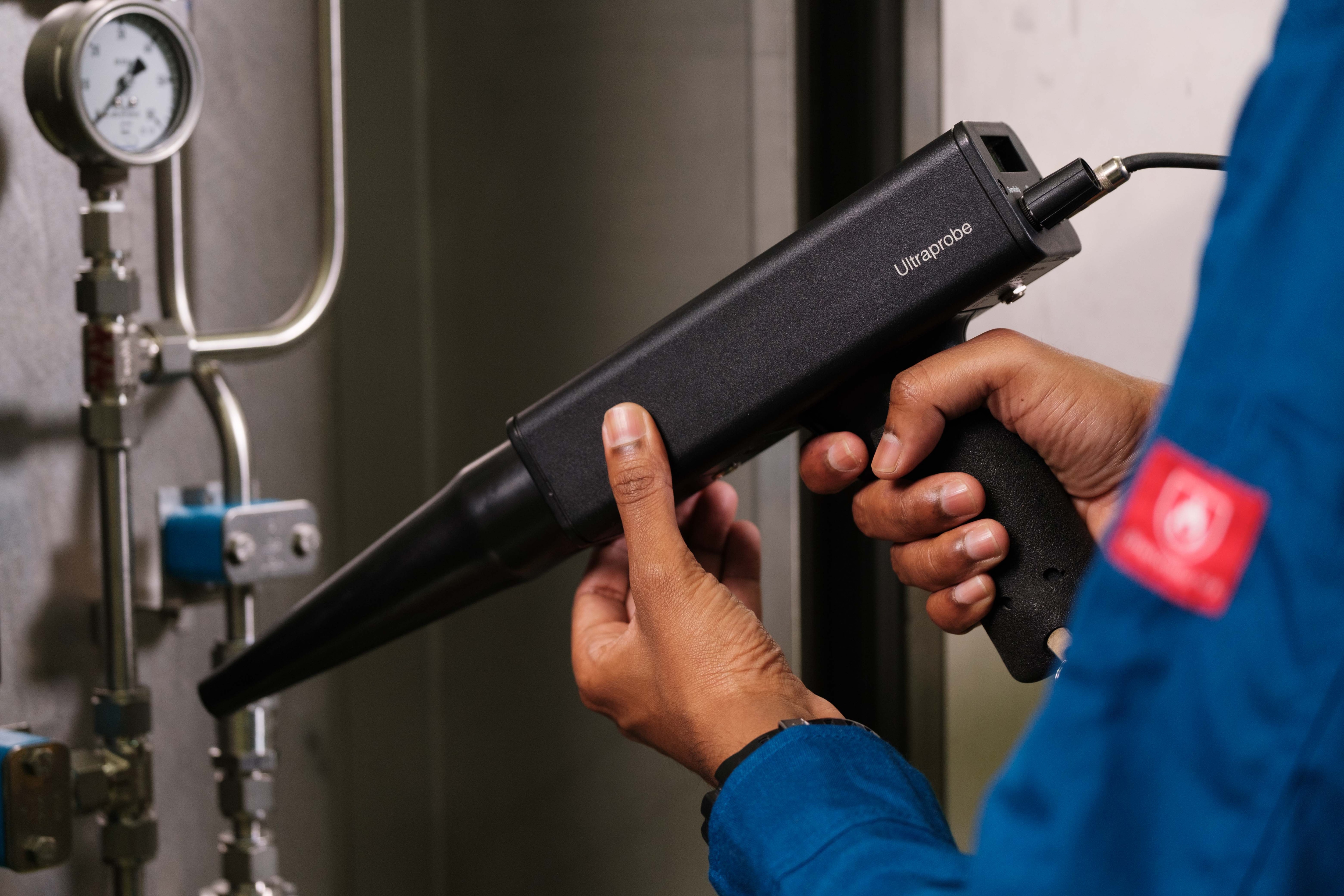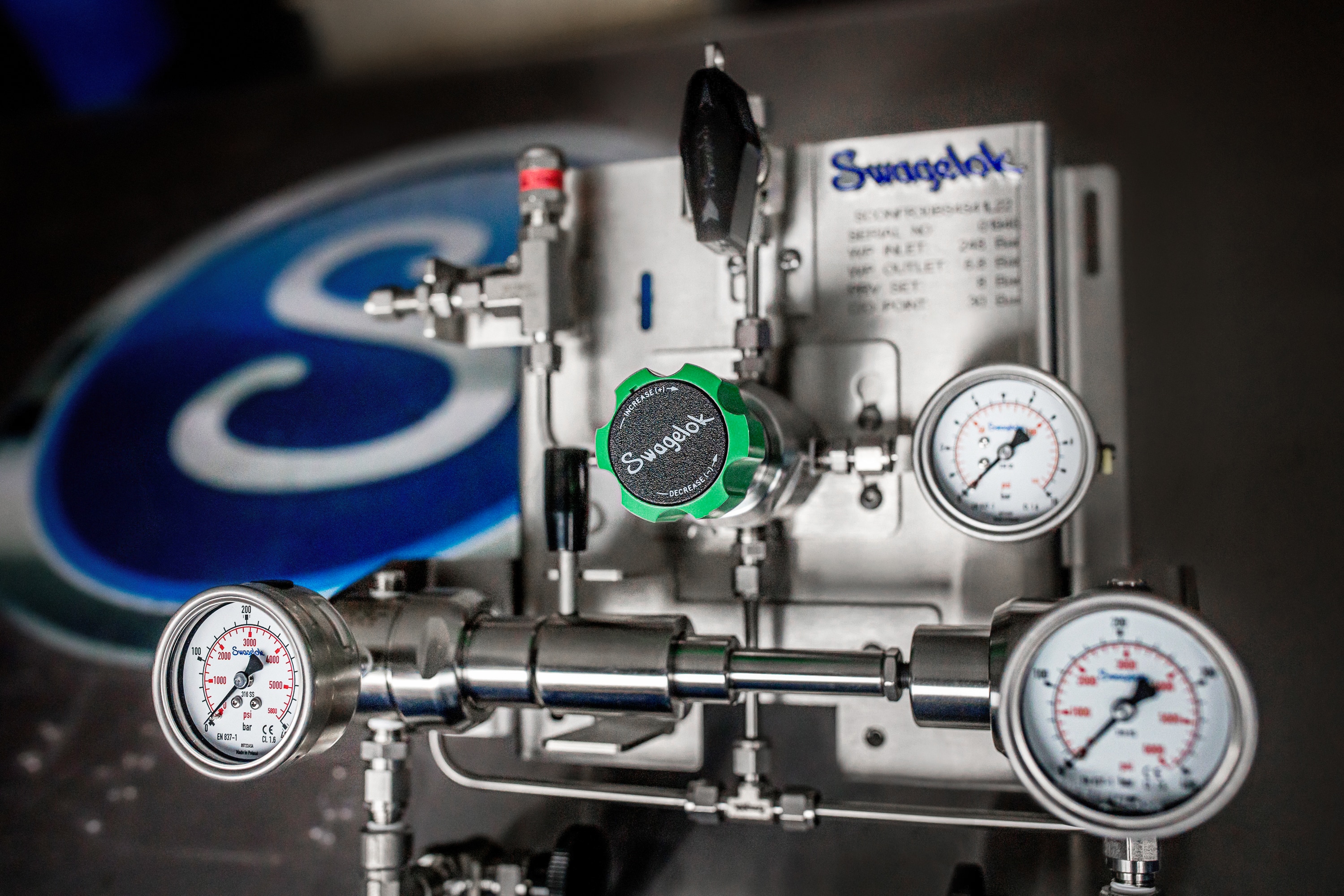Lessons from History: Why Instrumentation Training Prevents Tragedies

Lessons from History: Why Instrumentation Training Prevents Tragedies
Case Study: Refinery Explosion
On March 23, 2005, a catastrophic explosion occurred at a major refinery during a unit restart. The incident claimed 15 lives, injured more than 180 individuals, and resulted in billions of dollars in damages and penalties.
Investigations revealed the root causes weren’t just operator errors but deeper issues like poor safety culture, inadequate training, and cost-cutting over critical upgrades. Outdated systems, overlooked risks, and untrained responses created the conditions for catastrophe.
The lesson is clear: in hazardous environments, even one lapse in training, instrumentation or safety practices can have devastating consequences.
The incident highlights a hard truth: even advanced equipment cannot guarantee safety without trained people and a strong safety culture. Instruments detect problems, but only trained people can interpret signals and respond in time. Effective training equips teams to:
- Understand complex systems
- Recognize warning signs early
- Respond confidently in emergencies
At Swagelok, our approach balances:
- Theoretical Knowlegde - Principles of measurement and control, instrument functions and safe system design.
- Practical Skills - Calibration, troubleshooting, and simulated emergency scenarios in real-world settings.
- Continuous Learning - Refresher courses, updates on new technologies and lessons learned from field incidents.
This balance ensures knowledge sticks, skills sharpen and teams remain prepared as technologies evolve. When implemented effectively, comprehensive instrumentation training can have far-reaching positive impacts:
- Fewer incidents and accidents.
- Increased productivity and less downtime.
- Cost savings from avoiding equipment damage or fines.
- More confident and capable employees.
- Stronger environmental stewardship through reduced leaks and emissions.
We understand that implementing instrumentation training isn't always simple, with cost constraints, evolving technologies and a diverse workforce adding to the challenge. That's why our training programs are designed to be:
- Flexible - Modular learning for different skill levels.
- Practical - Real-world exercises using industry-standard tools.
- Continuous Learning - Micro-learning, refreshers and updated methods as technology changes.
We've spent decades supporting industries where safety is non-negotiable. Our team understands the challenges you face, and we bring both technical expertise and practical knowledge into every training program.
Don't wait for an incident to highlight the gaps in safety. Let's strengthen your program today. Reach out to explore instrumentation training options that fit your operations and protect your people, your plant, and your reputation.
Featured Articles

How to Conduct a Comprehensive Leak Check in Industrial Settings
Learn how to perform a thorough leak check in industrial settings, focusing on safety and accuracy. Essential steps and tips for maintaining operational integrity.

Understanding Gas Leak Detection Services: Importance and Best Practices
Discover the critical importance of gas leak detection services and learn best practices for ensuring safety. Essential insights for protecting your business.

Gas Panel Installation: Key Considerations for Safety and Efficiency
Explore key considerations for gas panel installation, focusing on safety and efficiency. Essential tips for ensuring a secure and effective gas system setup.

Top 5 Benefits of Medium-Pressure Fittings for Critical Industrial Applications
Read our blog and learn more about the advantages of our medium-pressure fittings and why they are recommended in critical industrial applications.

The Safety Advantage: How Instrumentation Training Saves Lives in Hazardous Environments
Read our latest blog to learn how Swagelok instrumentation training saves lives and why it should be a priority in your operations.

Building a Reliable Tubing System: What Really Matters
Take a look at our quick guide to building a reliable tubing system.
